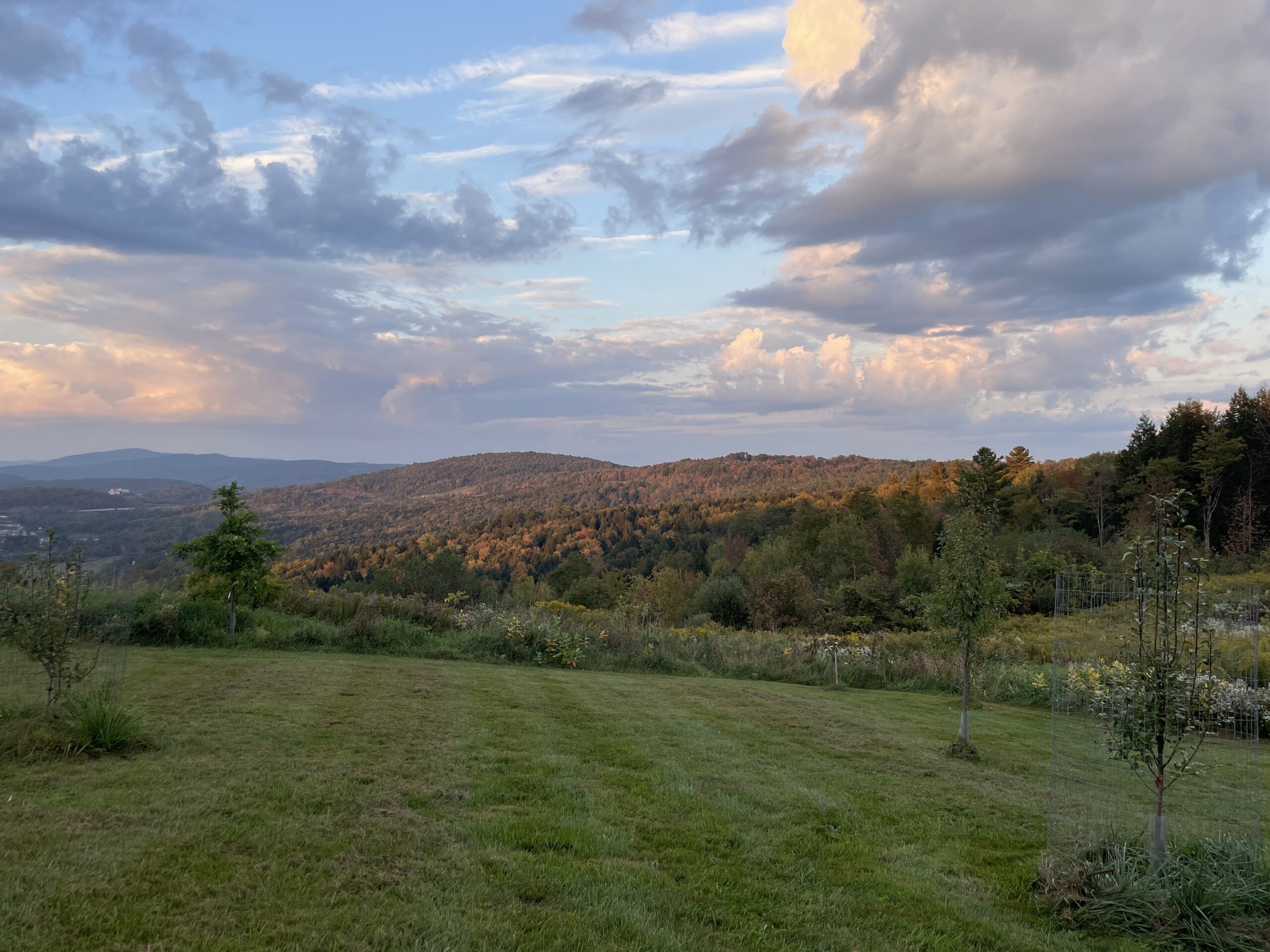Community Resilience Organizations (CROs) emerged in the aftermath of Tropical Storm Irene in 2011. We saw firsthand that interconnected communities are most able to respond and recover in the wake of disaster. Resilience is not just about having empty water jugs on high ground or trained first responders. Rather, resilience lies in the connections we have with each other and the networks that support us when traditional systems fail.
And those systems fail all the time—in every flood since 2011, during COVID lockdown, and after catastrophic flooding in July 2023 and 2024. In response, CROs offers flexible and reliable ‘movement infrastructure’ to climate and racial justice organizing across Vermont.
Over our 10+ years of organizing, we’ve supported resident-led ‘resilience teams,’ created a Community Resilience Assessment, practiced regranting to support grassroots work, engaged in civil disobedience, resourced mutual aid work, convened coalitions, and launched a fiscal sponsorship program.
The climate crisis poses an existential threat to our communities, while revealing fault lines of inequality and disparate impacts on people with marginalized identities. Alongside this threat is an opportunity to reimagine systems and build a movement that will deliver a safe, equitable, and thriving future for our state.
Addressing, uprooting, and repairing legacies of harm is core to that goal, as is shifting wealth and land into the hands of BIPOC and other marginalized people. This moment demands new spaces of learning and care, and new networks of support and shelter. CROs, and the work we support through our grassroots organizing hub, remains devoted to delivering on this work.

